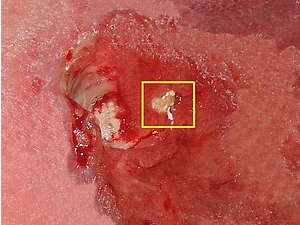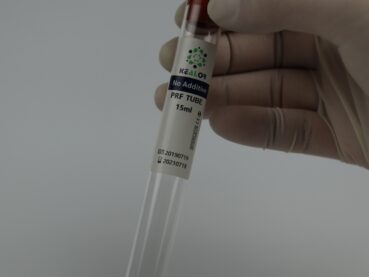Platelet-rich plasma (PRP) therapy has gained popularity in recent years as a treatment for various medical conditions, including infertility. In vitro fertilization (IVF) is a widely used assisted reproductive technology (ART) to treat infertility, and PRP is now being used in conjunction with IVF to improve outcomes. In this article, we’ll discuss how PRP treatment can help in infertility treatment, particularly in IVF.
What is PRP?
PRP is a concentrated solution of platelets, growth factors, and other bioactive proteins found in the patient’s blood. It is obtained by drawing a small amount of the patient’s blood and processing it to separate the platelet-rich plasma from other blood components. PRP is then injected into the target area, where it promotes healing and tissue regeneration by stimulating the body’s natural repair mechanisms.
How does PRP help in IVF treatment?
PRP therapy can be used in various stages of IVF treatment to improve outcomes. Here are some of the ways PRP can help in IVF:
- Improving endometrial thickness and receptivity
The endometrium is the inner lining of the uterus, which plays a crucial role in embryo implantation and pregnancy. The thickness and receptivity of the endometrium are essential factors in successful IVF treatment. Studies have shown that PRP therapy can improve endometrial thickness and receptivity, leading to better outcomes in IVF treatment.
- Enhancing ovarian function
The ovaries are responsible for producing eggs, and their function can affect IVF success rates. PRP therapy can help enhance ovarian function by promoting the growth of new blood vessels and improving blood flow to the ovaries. This can result in increased ovarian function and a higher number of good quality eggs.
- Improving sperm quality
PRP therapy can also improve sperm quality, which is essential for successful fertilization. It works by increasing the concentration of growth factors and other bioactive proteins in the semen, which can improve sperm motility and morphology.
- Reducing oxidative stress
Oxidative stress is a common cause of infertility, which can damage sperm and eggs. PRP therapy can help reduce oxidative stress by providing antioxidants and other bioactive compounds that neutralize free radicals.
- Decreasing inflammation
Inflammation can also contribute to infertility by interfering with normal reproductive function. PRP therapy can help reduce inflammation by promoting tissue repair and regeneration.
Overall, PRP therapy can help improve IVF success rates by enhancing endometrial thickness and receptivity, improving ovarian function and egg quality, improving sperm quality, reducing oxidative stress, and decreasing inflammation.
Conclusion
PRP therapy is a promising new treatment option for infertility, particularly in conjunction with IVF treatment. By promoting tissue repair and regeneration and providing growth factors and bioactive proteins, PRP can help improve endometrial thickness and receptivity, enhance ovarian function and egg quality, improve sperm quality, reduce oxidative stress, and decrease inflammation. If you’re considering PRP therapy for infertility, consult with a qualified healthcare provider to determine if it’s right for you and to ensure a safe and effective treatment.








